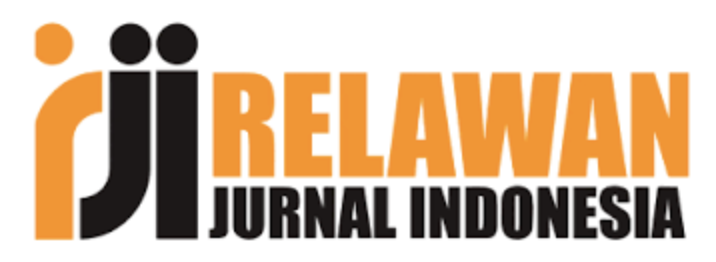PEMANTAUAN REAKSI OBAT MERUGIKAN DARI PENGGUNAAN OBAT ANTIINFLAMASI TERHADAP GASTROINTESTINAL
Keywords:
adverse drug reaction, anti-inflammatory, gastrointestinalAbstract
Anti-inflammatory drugs are often prescribed in hospitals, especially in adult patients to treat pain, especially in joint disease. Anti-inflammatory drug that is used long term can cause gastrointestinal disturbances. This study aims to monitor adverse drug reactions from the use of anti-inflammatory drugs on the gastrointestinal. This study is a descriptive study using concurrent data is taken from the order signals in the inpatient unit involving 52 patients. This study includes several stages of the preliminary survey, the determination of medicine criteria, criteria of drug use, setting criteria of patients, collecting data from the order signal, there is a data source, data analysis and conclusions. The results showed that of the 52 patients there are 17.31% of patients get anti-inflammatory drug therapy (consisting of 11.53% receiving nonsteroidal anti-inflammatory drugs and 5.77% received antiinflammatory steroid) and received a gastrointestinal drug without gastrointestinal indications. Gastrointestinal drugs used were antiemetic 23.61%, 19.44% antacids, antiflatulen, 16.67, kolagogum 8.33%, 12.50% other gastrointestinal drugs, antidiarrheal 11.11%, 2.78% laxative, and digestan koreletikum 2.78%. Based on the results of this study concluded that the use of anti-inflammatory drugs either steroids or nonsteroidal can lead to gastrointestinal adverse drug reaction it gained 17.31%
Downloads
Published
How to Cite
Issue
Section
Citation Check
License
Authors who publish in Jurnal Farmasi Galenika agree to the following terms:
This license enables reusers to distribute, remix, adapt, and build upon the material in any medium or format, so long as attribution is given to the creator. The license allows for commercial use. CC BY includes the following elements:
BY: credit must be given to the creator.
You are free to:
- Share — copy and redistribute the material in any medium or format for any purpose, even commercially.
- Adapt — remix, transform, and build upon the material for any purpose, even commercially.
- The licensor cannot revoke these freedoms as long as you follow the license terms.
Under the following terms:
- Attribution — You must give appropriate credit , provide a link to the license, and indicate if changes were made . You may do so in any reasonable manner, but not in any way that suggests the licensor endorses you or your use.
- No additional restrictions — You may not apply legal terms or technological measures that legally restrict others from doing anything the license permits.
Notices:
You do not have to comply with the license for elements of the material in the public domain or where your use is permitted by an applicable exception or limitation .
No warranties are given. The license may not give you all of the permissions necessary for your intended use. For example, other rights such as publicity, privacy, or moral rights may limit how you use the material.




1.jpg)







